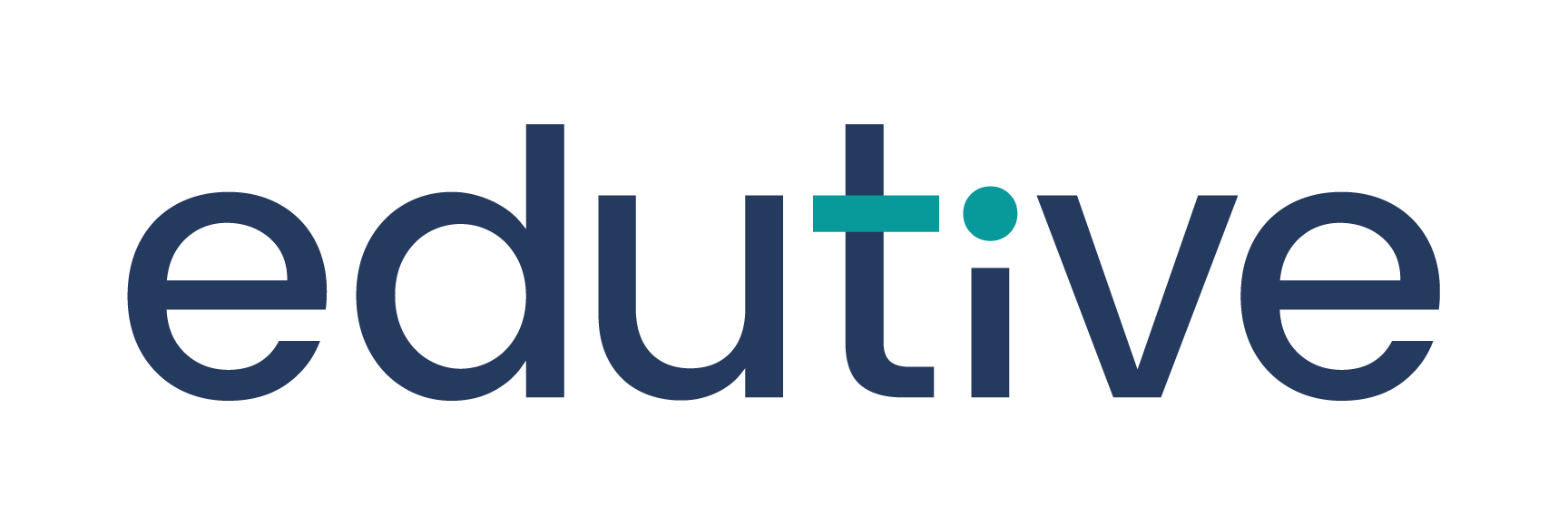
Introducing Edu-tive 360
We recently launched our groundbreaking innovation – Edutive 360. It’s a comprehensive software solution designed to assist schools in managing learning, assessment, and every other aspect of school operations. Fueled by our trademarked Integrated School Quality Management System (ISQMS™), Edutive 360 significantly influences and improves every facet of school processes, be it learning, assessments, administrative efficiency, or day-to-day operations.
It is the most technologically advanced and highly Integrated School Quality Management System your school will ever need.
Need for Edutive 360
The landscape of K-12 education, both in India and globally, is undergoing a transformation. In India, the NEP 2020 has initiated radical reforms, compelling an overhaul of learning & teaching, as well as examination and assessment patterns.
Moreover, decision-making by school authorities in educational institutions is no longer driven by intuition but by data, a norm that is swiftly taking hold. Processes, both academic and administrative, must now align with global benchmarks. Anticipating and preparing for the impact of digital transformation and Artificial Intelligence is imperative for future readiness. In essence, schools must brace themselves for an exciting yet challenging future.
Edutive 360 is the only solution available that helps schools implement some of the most important recommendations of NEP 2020.
Reforms suggested by the policy in – Assessments and Examinations, – Holistic Report Cards, – Technology Integration, – Academic Bank of Credits (ABCs), – Inclusion and Special Education, – Training and Professional development, and – Integration of vocational subjects into mainstream learning can be directly achieved through incorporating Edutive 360 in your school.
The solution has been created by academicians and researchers with deep sectoral expertise.
Summary of recommendations by NEP 2020
The National Education Policy (NEP) 2020 in India introduces transformative changes for schools with a focus on making education more holistic, flexible, and skill-oriented.
- Foundational Learning:
- Emphasis on foundational literacy and numeracy for all students by Grade 3 to ensure a strong base for further learning.
- Curricular Reforms:
- Reduced curriculum content to focus on core concepts, critical thinking, and a more integrated approach to subjects.
- Multidisciplinary approach, with an emphasis on experiential learning, arts, and vocational skills.
- Assessment and Examinations:
- Shift from rote memorization to continuous and comprehensive evaluation (CCE).
- Board exams made easier, testing core competencies and analytical skills.
- Introduction of flexibility with multiple opportunities for board exams to reduce stress.
- Technology Integration:
- Integration of technology in teaching, learning, and assessment to enhance efficiency and accessibility.
- Teacher Training and Professional Development:
- Focus on continuous professional development for teachers to adapt to new pedagogical approaches and technology.
- Medium of Instruction:
- Flexibility in the choice of the medium of instruction, with an emphasis on mother tongue or local language up to Grade 5.
- School Complexes:
- Schools to be organized into school complexes to facilitate resource sharing, collaborative learning, and efficient management.
- Inclusion and Special Education:
- Inclusive education practices to be promoted to address the diverse learning needs of students.
- Special emphasis on early childhood care and education.
- Holistic Report Cards:
- Shift towards holistic assessment, including not only academic achievements but also co-curricular and extra-curricular activities.
- Academic Bank of Credits (ABC):
- Introduction of an Academic Bank of Credits to enable students to accumulate and transfer credits for courses across disciplines and institutions.
- Vocational Education:
- Integration of vocational education into mainstream education to develop practical skills and enhance employability.
- Regulatory Framework:
- Establishment of a single regulatory authority for higher education, replacing multiple regulatory bodies.
The NEP 2020 envisions a learner-centric, flexible, and inclusive education system that prepares students for the challenges of the 21st century, fostering creativity, critical thinking, and a well-rounded development.
